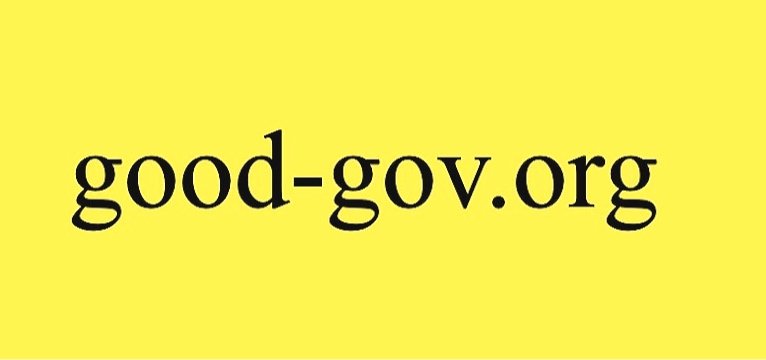When a Win Feels Like a Warning: The Cost of Enforcing the Right to Know
In May 2025, a New Hampshire court ruled that the Town of Grafton violated the state’s Right-to-Know law by holding a public meeting that the public could not adequately hear. The plaintiff, Yaakov Abuhav, a local resident who represented himself without an attorney, attended that meeting and, like others, could not make out what was being said. He raised the issue four separate times during the meeting, to no avail. The court reviewed testimony from multiple witnesses and found the facts clear: the public’s right to access was denied, and the Town failed in its duty to ensure audibility.
It was a straightforward win for government transparency, and the judge ordered the Town to pay Mr. Abuhav’s court costs.
But in an unexpected twist, the last two paragraphs of the order, though legally irrelevant to the ruling, read more like a rebuke to the citizen than to the government that broke the law.
The court, while acknowledging the legal violation, expressed “reticence” to set a precedent that an “isolated audibility event” could trigger a Right-to-Know case. It suggested that Mr. Abuhav might have achieved the same result through a “social media outcry,” a personal conversation, or a written complaint, rather than through the legal process the statute provides.
This commentary is troubling. The RTK law exists precisely because informal complaints and social media don’t always yield accountability. It gives every citizen, regardless of wealth, power, or political connections, a formal legal pathway to challenge violations. Suggesting that this citizen should have turned to Facebook rather than the courts ignores the purpose and spirit of the law.
Moreover, the idea that enforcing a government transparency statute imposes too great a financial burden on the taxpayer is an alarming and unreasonable shift in logic. Should we not be far more concerned about the cost of opacity, arrogance, or recurring violations? Public officials are not entitled to deference when they violate the law, no matter how “isolated” the incident may seem. The measure of a democracy is not how well it handles major scandals, but rather it’s how it responds to small breaches of public trust.
The court’s ruling ultimately upheld the law. But its editorialized closing undermines the legitimacy of citizen enforcement and risks chilling future challenges. If a resident cannot seek relief for a clear violation without being scolded for the cost of doing so, what message does that send to the next person who is shut out of a public meeting?
In an era when public trust in government is fragile, transparency laws are more important than ever. Courts should not only enforce these laws but do so without discouraging those who rely on them. Citizens should not be made to feel guilty or burdensome for using the tools democracy provides.
When citizens use their rights responsibly and prevail, they deserve more than a condescending postscript. They deserve respect.
